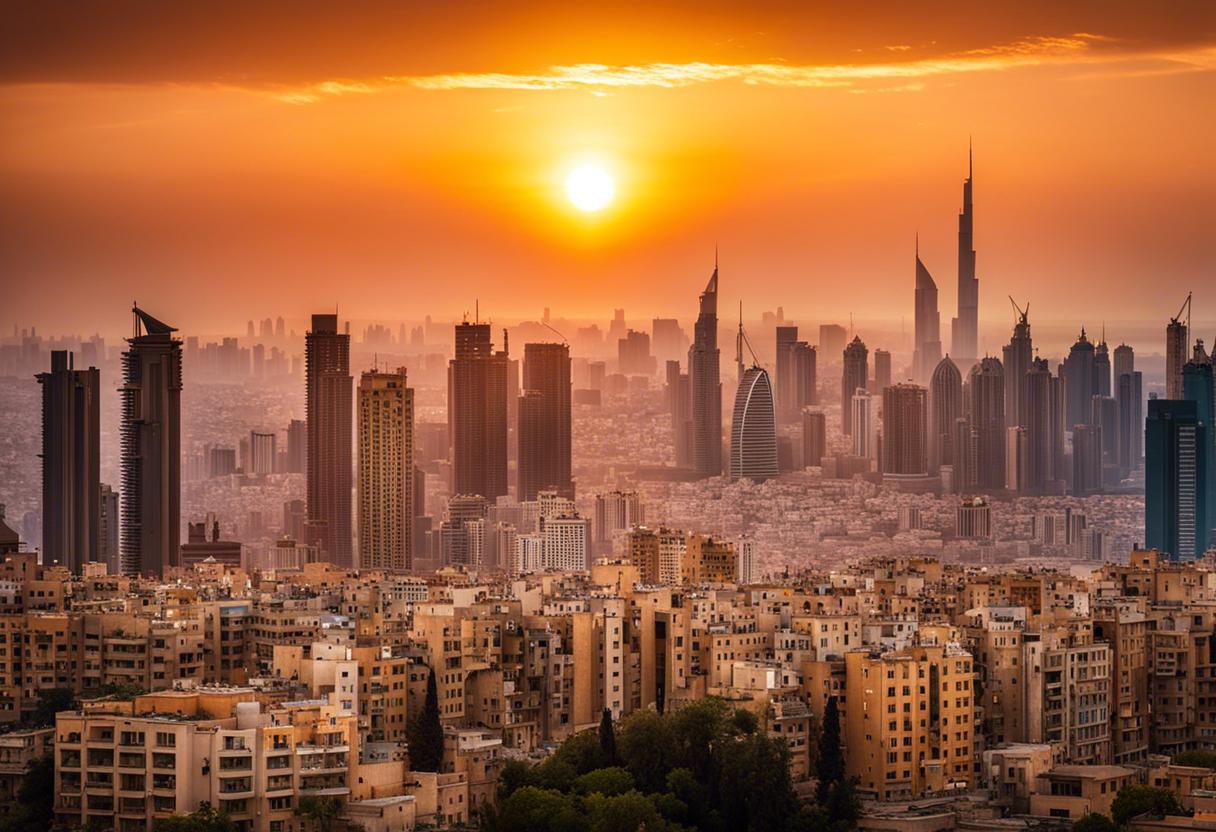The Deputy Prime Minister of Ireland, Micheál Martin, is set to embark on a trip to Egypt and Jordan. This visit forms a part of the concerted efforts to manage the ongoing crisis in the Middle East. Mr Martin, serving also as the Foreign Affairs Minister, has plans to have conversations with Sameh Shoukry, the Egyptian foreign minister in Cairo, and the Jordanian deputy prime minister and foreign minister Ayman Safadi in Amman.
In addition, he will be engaged with humanitarian partners at the Rafah border crossing point that separates Egypt and Gaza and will call in to see the Unrwa (United Nations Relief and Works Agency) programmes which offer help to Palestinian refugees in Jordan.
Mr Martin emphasised that, given the escalating regional instability, it is essential that the Gaza crisis, as well as broader Israel/Palestine issues, are not neglected. He outlined that the primary goal of his trip to Egypt and Jordan is to carry on his conversations with crucial partners about the need for an immediate ceasefire, the absolute release of all hostages and full, safe and unrestricted humanitarian access to Gaza. He further detailed his intent to look at ways in which Ireland could aid regional efforts to find a political route to a stable and peaceful resolution of the conflict and a two-state resolution.
The Deputy Prime Minister stated that the Irish Government would maintain talks on how the country, along with other “like-minded nations in Europe”, could assist the resolution of the conflict. This would include recognising a Palestinian state and backing UN membership for Palestine. With the rising instability in the region and ongoing humanitarian requirements, Martin asserted that it is critical to show unwavering support towards Unrwa’s work, which remains the lifeblood of the humanitarian response in Gaza and a vital source of regional stability.
Martin, the leader of Fianna Fáil, stressed that there is a dire situation in Gaza and that his visit to the Rafah crossing is intended to underline the implications of “continuous Israeli restrictions on humanitarian access”. He warned about the potential catastrophic impact of any Israeli military action in the densely populated Rafah area, where up to 1.5 million people have sought refuge. He concluded that significant political capital must be used to boost momentum towards a comprehensive regional peace, following the route set out by the Arab peace plan, saying,“A two-state solution continues to be the sole future vision that can guarantee peace and security for both Israelis and Palestinians.”
– For the top political insight and discussion, tune into our Inside Politics podcast.

